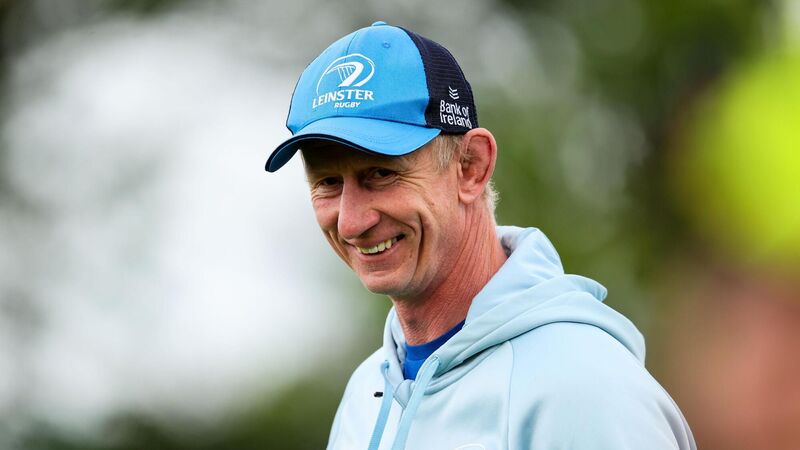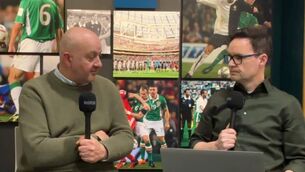'Who are the players we could go after? The Barretts. Let's go after all three of them'

Head Coach Leo Cullen during a training session. Pic: ©INPHO/Nick Elliott.
Leo Cullen has explained how all three of New Zealand’s Barrett brothers were among their targets when the idea of signing world-class talent on short-term sabbatical contracts first dawned as a possibility.
Jordie Barrett has proven to be a sensation for the province since arriving after the November Test window. His Kiwi teammate Rieko Ioane will join on a similar deal next December, by which time Barrett will be back in New Zealand.












